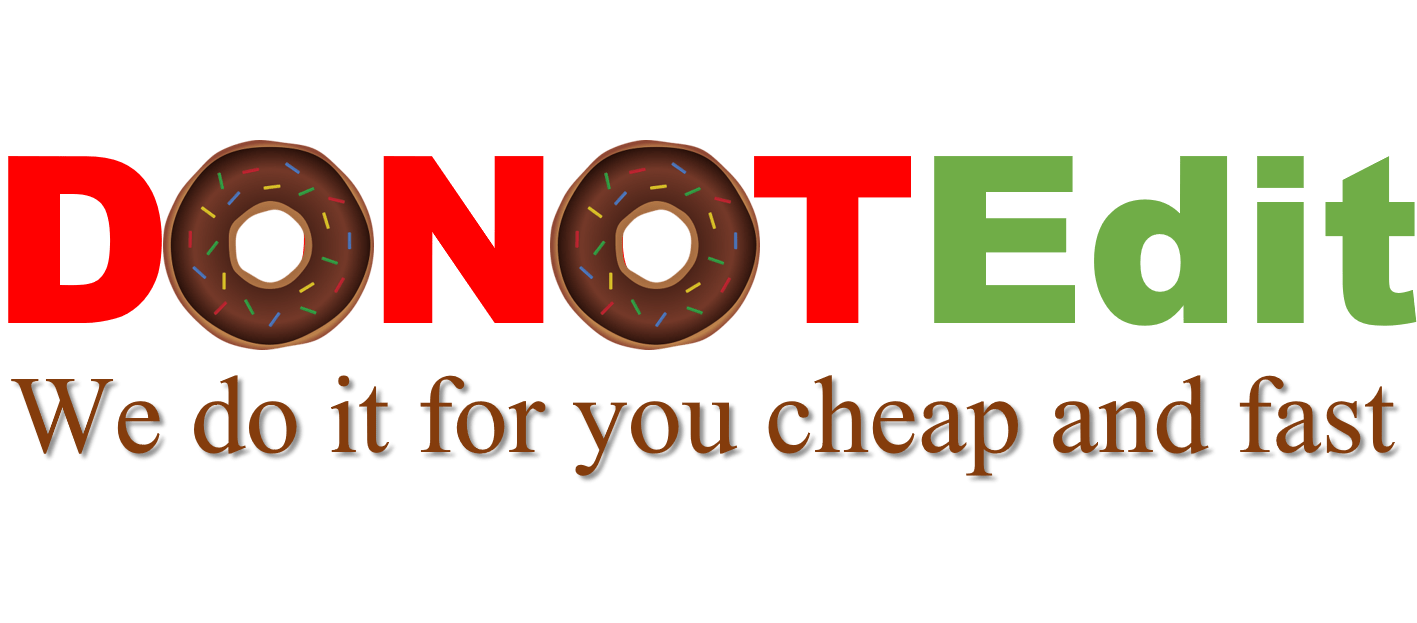
In today’s fast-evolving healthcare industry, vast amounts of unstructured textual data are generated daily from medical records, clinical notes, research papers, and patient feedback. Extracting meaningful insights from this data manually is nearly impossible due to its sheer volume and complexity. This is where Natural Language Processing (NLP) comes into play. NLP, a branch of artificial intelligence (AI), enables machines to understand, interpret, and process human language effectively. When applied to medical text mining, NLP facilitates knowledge discovery, helping researchers, clinicians, and healthcare professionals make informed decisions. With the increasing need for data-driven healthcare solutions, NLP is proving to be a game-changer in enhancing patient care, accelerating medical research, and improving clinical decision-making. This article explores how NLP is revolutionizing medical text mining and knowledge discovery, its key applications, benefits, and challenges.
What is Natural Language Processing?
NLP is a subset of AI that focuses on the interaction between computers and human language. It combines linguistics, machine learning, and deep learning techniques to process large volumes of text, identify patterns, and extract relevant information. In the medical field, NLP can analyze vast amounts of healthcare data to reveal hidden trends, detect diseases earlier, and improve patient outcomes.
How NLP Works in Medical Text Mining
Medical text mining involves processing large-scale medical literature, electronic health records (EHRs), clinical trial reports, and other healthcare-related documents. NLP techniques make this possible by performing the following tasks:
- Named Entity Recognition (NER): Identifies key entities such as diseases, medications, symptoms, and treatments.
- Sentiment Analysis: Determines the sentiment behind patient feedback, helping to improve healthcare services.
- Topic Modeling: Clusters similar topics and themes within large datasets to identify trends.
- Text Classification: Categorizes medical documents based on specific criteria, such as diagnosis or treatment.
- Relation Extraction: Establishes meaningful relationships between different medical terms and concepts.
- Summarization: Extracts key information from long clinical documents, saving time for healthcare professionals.

Applications of NLP in Medical Text Mining
1. Enhancing Electronic Health Records (EHRs)
EHRs contain crucial patient information, but unstructured data makes retrieval difficult. NLP automates data extraction, helping physicians quickly access medical histories, lab results, and treatment plans. This reduces errors, enhances efficiency, and improves patient care.
2. Clinical Decision Support Systems (CDSS)
By analyzing patient data and medical literature, NLP-driven Clinical Decision Support Systems (CDSS) provide healthcare professionals with evidence-based recommendations. These systems help in diagnosing diseases, selecting treatments, and predicting patient outcomes.
3. Drug Discovery and Pharmacovigilance
NLP plays a crucial role in drug development by analyzing scientific papers, clinical trial data, and adverse drug reaction reports. This helps researchers identify potential drug interactions, predict side effects, and discover new therapeutic applications.
4. Medical Research and Literature Analysis
The ever-growing volume of biomedical literature makes it challenging for researchers to stay updated. NLP tools can automate literature reviews, extract key findings, and identify research gaps, enabling faster knowledge discovery.
5. Patient Feedback and Sentiment Analysis
Understanding patient experiences is essential for improving healthcare services. NLP-driven sentiment analysis helps hospitals and healthcare providers analyze patient reviews, complaints, and satisfaction surveys to enhance service quality.
Benefits of NLP in Healthcare
- Improved Efficiency: Automates tedious manual tasks, allowing medical professionals to focus on patient care.
- Enhanced Accuracy: Reduces human errors in medical documentation and diagnosis.
- Better Decision-Making: Provides data-driven insights for precise medical treatments and research.
- Time-Saving: Speeds up research, literature reviews, and document processing.
- Personalized Medicine: Helps in tailoring treatments based on individual patient data.
Challenges and Limitations
Despite its vast potential, NLP in medical text mining faces several challenges:
- Data Privacy and Security: Handling sensitive patient data requires strict compliance with regulations like HIPAA and GDPR.
- Complex Medical Terminology: The presence of abbreviations, synonyms, and domain-specific jargon makes NLP processing challenging.
- Data Quality Issues: Incomplete, inconsistent, or biased data can affect the accuracy of NLP models.
- Interpretability: Understanding how AI models make predictions is critical for gaining trust in healthcare applications.
- Integration with Existing Systems: Adapting NLP technologies to legacy healthcare IT systems can be complex and costly.
Future of NLP in Medical Knowledge Discovery
The future of NLP in healthcare looks promising, with advancements in deep learning, transformer models (like GPT-4 and BERT), and automated knowledge extraction techniques. Some emerging trends include:
- AI-powered chatbots for real-time patient interactions.
- Real-time disease surveillance using NLP-based predictive analytics.
- Integration with wearable technology for continuous health monitoring.
- Personalized healthcare solutions leveraging NLP-driven insights.
Final Thoughts:
Natural Language Processing is transforming the way medical text is processed, analyzed, and utilized for knowledge discovery. By automating data extraction, enhancing clinical decision-making, and streamlining medical research, NLP is set to revolutionize healthcare. However, addressing challenges like data privacy, terminology complexity, and system integration will be key to its widespread adoption.
For healthcare professionals, researchers, and institutions looking to stay ahead, leveraging NLP-powered medical text mining is no longer an option—it’s a necessity. As AI continues to evolve, the role of NLP in medical innovation and patient care will only grow stronger.
